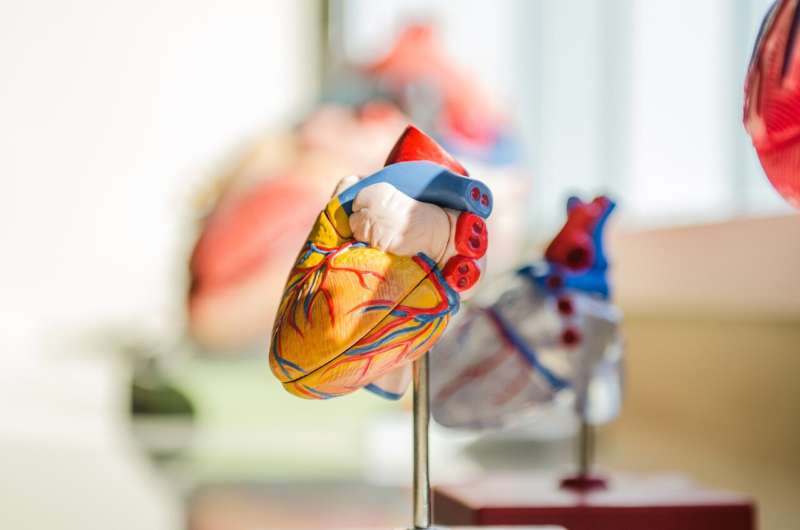Innovative Bio-inspired Self-Cleaning Sweat Sensors Enhance Wearable Health Monitoring Comfort

Researchers have developed bio-inspired, self-cleaning sweat sensors that offer enhanced comfort, stability, and reusability for wearable health monitoring devices, inspired by the microtexture and self-cleaning properties of rose petals.
Recent advancements in wearable health technology have focused on developing more comfortable and reliable sweat sensors. Traditional sensors often rely on hydrophobic membranes and require tight contact with the skin using adhesives, which can cause discomfort and skin issues over time. A groundbreaking study led by researchers at Waseda University has introduced a novel approach inspired by the self-cleaning properties of rose petals.
Conventional ion-selective membranes (ISMs) are hydrophobic, leading to instability in signal detection and interference from body movements. To overcome these challenges, the research team designed a bio-inspired ISM featuring microtextured surfaces that mimic the micro-wrinkles and polygonal patterns of rose petals. This microtexture enhances water retention and enables self-cleaning, allowing the sensor to function effectively without direct skin contact and reducing skin irritation.
The team fabricated two types of PVC-based ISMs layered onto CNT-forest substrates, each replicating different petal microtextures. These sensors demonstrated superior water retention, especially Sensor A, which was suitable for monitoring during movement. They also exhibited improved electrochemical activity and a self-cleaning mechanism that boosts signal stability.
To demonstrate practical application, researchers developed wearable devices incorporating these sensors with microchannels to carry sweat, maintaining a 2-millimeter gap from the skin to prevent irritation. During tests, these devices accurately tracked sodium levels in sweat, providing real-time insights into hydration and electrolyte balance. The self-cleaning feature allows the sensors to recirculate sweat, maintaining performance even with variable sweat production levels.
This innovative design not only improves user comfort by eliminating the need for adhesives but also enhances sensor longevity and reusability. Potential applications extend to integration in smartwatches, prosthetics, and exoskeletons, offering a new level of comfort and functionality in continuous health monitoring systems.
The study, published in Cyborg and Bionic Systems on August 5, 2025, marks a significant step toward comfortable, durable, and highly responsive wearable sweat sensors, advancing personalized health tracking and proactive medical care.
Source: https://medicalxpress.com/news/2025-08-bio-sensors-comfortable-wearable-health.html
Stay Updated with Mia's Feed
Get the latest health & wellness insights delivered straight to your inbox.
Related Articles
Grandfather's Exposure to Environmental Chemicals May Affect Timing of Girls' First Period
New research suggests that a grandfather's exposure to environmental chemicals might influence the age at which his granddaughter starts puberty, emphasizing intergenerational health impacts and the importance of reducing chemical exposure.
Rural Hospitals Cease Delivering Babies: The Difficult Choices Facing Patients
Many rural hospitals are closing their maternity units, forcing women to travel long distances for childbirth, which poses health, emotional, and financial challenges. Learn about the impact on communities and potential solutions.
New Study Highlights Sex and Type Differences in Cardiovascular Risks for Diabetes Patients
A large-scale study compares cardiovascular disease risk between men and women with type 1 and type 2 diabetes, revealing important sex and age-related differences in outcomes and emphasizing the need for tailored management strategies.



